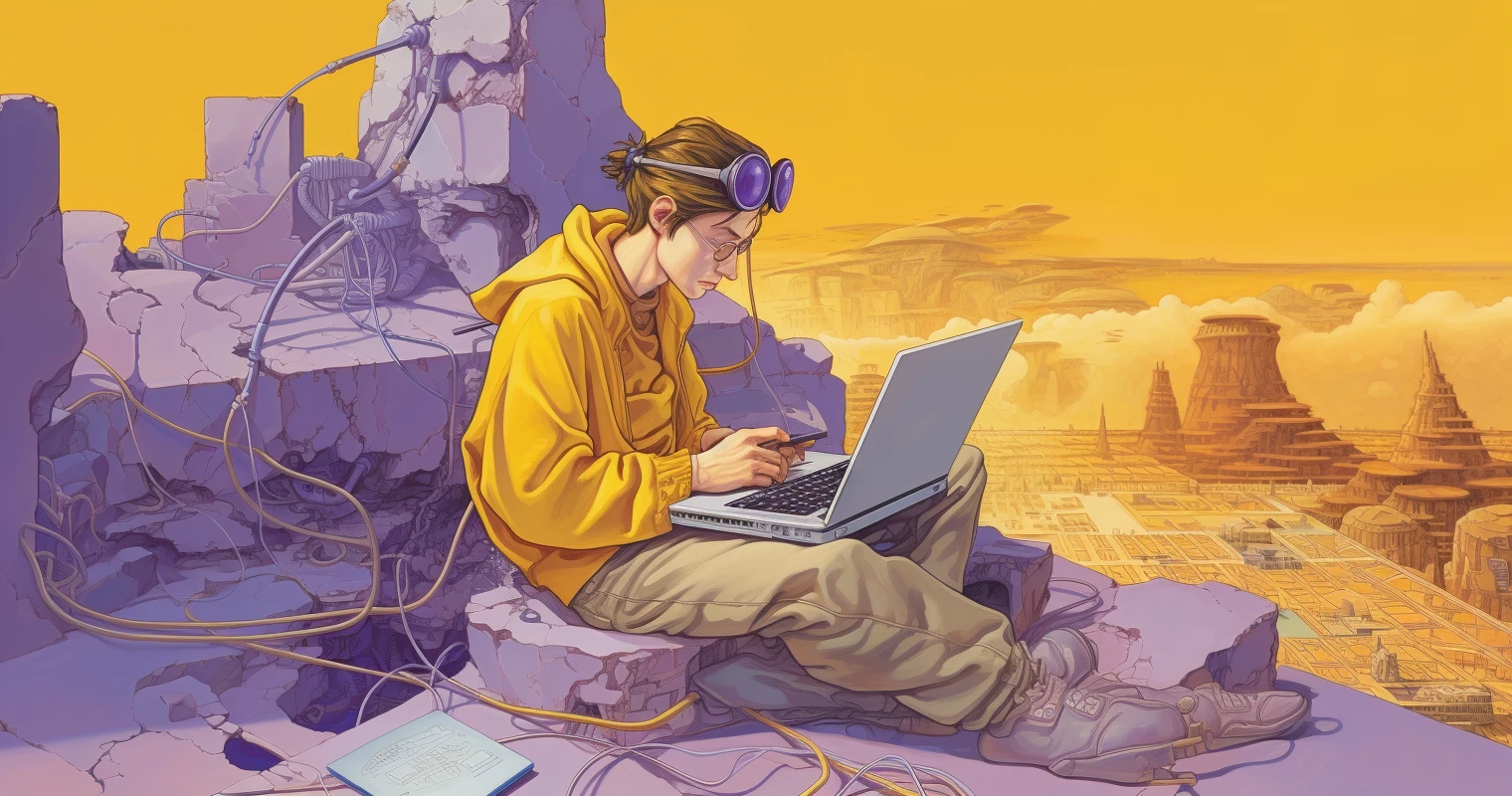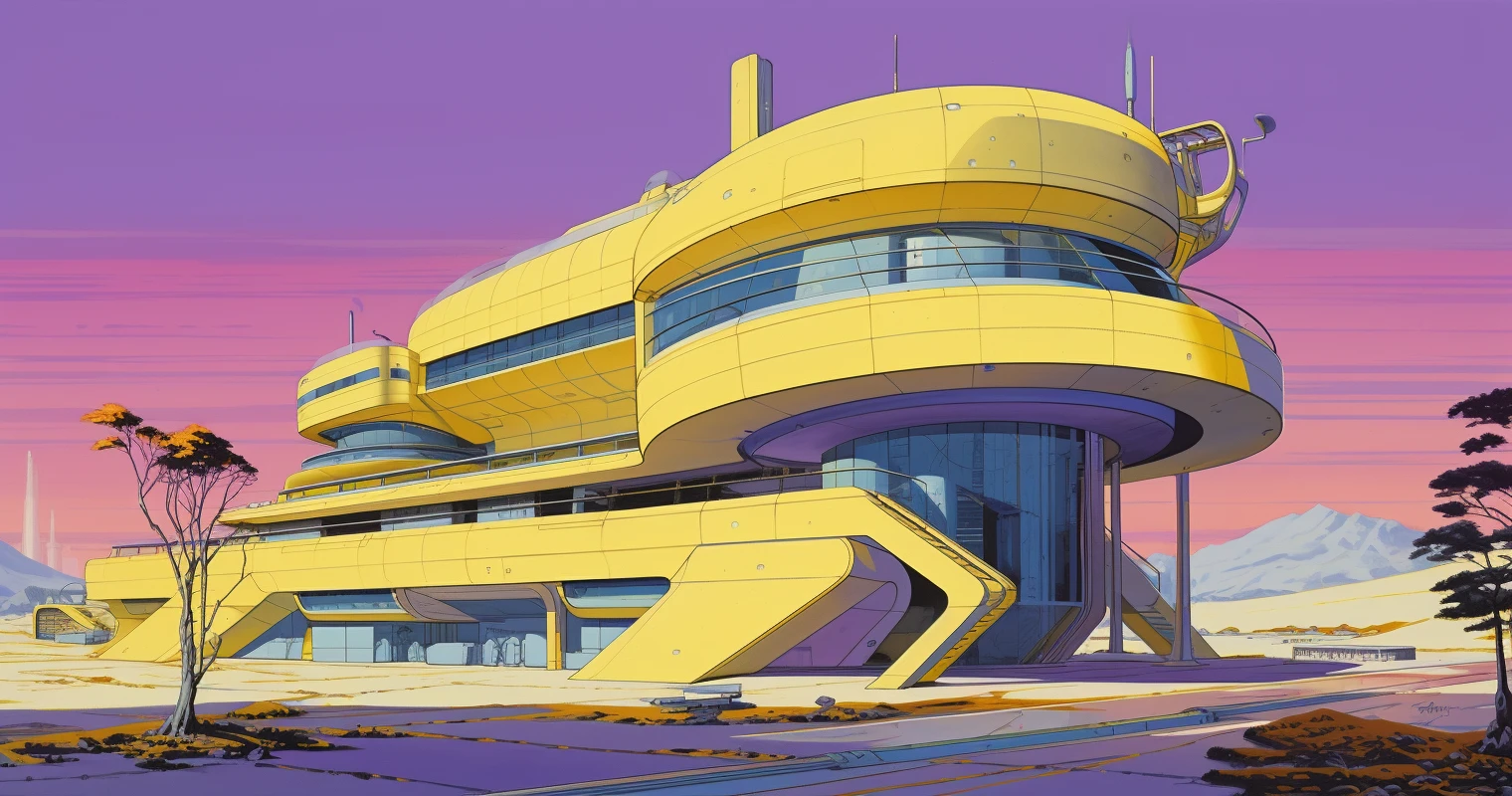Are you passionate about video games and considering a career in game development? You’re not alone. The gaming industry has exploded in recent years, with global revenue reaching $184 billion. As a result, many aspiring developers are wondering if game development is a good career path considering the industry turning more to AI.
In this comprehensive guide, we’ll explore the pros and cons of pursuing a career in game development, the skills you need to succeed, and the steps you can take to break into the industry.
Why Choose a Career in Game Development?
There are many reasons to start a career in game development, but these five reasons stand out the most.
1. You Can Get Paid to Do What You Love
Imagine getting paid to do something you’d probably be doing anyway. That’s the dream, right?
If you’re a hardcore gamer, a career in game development might be your ticket to never having to “work” a day in your life.
2. You Can Create Things That Blow People’s Minds
As a game developer, you get to be a digital wizard, creating entire worlds and experiences that transport players to another dimension. It’s like having a superpower, but instead of fighting crime, you’re blowing people’s minds with your cool creations.
3. The Gaming Industry Is Growing Like Crazy
The gaming industry is exploding faster than a Super Mario Bros. speed run.
It’s projected to be worth a staggering $205 billion by 2026. That’s a lot of zeroes, and it means there are plenty of opportunities for aspiring game developers to get in on the action.

4. You Can Make Bank
Game developers can earn some serious coin, especially if you’re a programming wizard or a design genius.
The median annual wage for software developers, including game developers, is $132,270.
That’s enough to buy a whole lot of gaming rigs.
5. You Can Work on All Kinds of Cool Stuff
The game development industry is like a giant buffet of career options. You can specialize in programming, game design, art, animation, and more.
Challenges of a Game Development Career
Every career comes with some challenges. Game development is no different.

1. You Might Have to Work Crazy Hours
Game development is notorious for its intense crunch times, where developers work ridiculously long hours to meet deadlines.
It’s like being stuck in a never-ending boss battle, except instead of fighting monsters, you’re fighting sleep deprivation and carpal tunnel syndrome.
2. The Competition Is Fierce
The gaming industry is like a giant battle royale, with hordes of aspiring developers all vying for a spot on the winner’s podium.
To stand out, you’ll need to have some serious skills and a portfolio that’ll make other developers go, “Whoa, that’s cool!”
3. The Technology Is Always Changing
The gaming industry moves fast. To stay relevant, you’ll need to constantly update your skills and keep up with the latest tech trends, tools, programming languages, and game development software.
4. Job Security Can Be a Bit Iffy
The gaming industry can be a bit of a rollercoaster, with studios sometimes facing layoffs or closures due to changing market conditions or project cancellations.
It’s important to have a backup plan and be prepared for the possibility of having to hunt for a new job.
The Skills You’ll Need to Crush It as a Game Developer
1. Programming Chops
If you want to be a game developer, you’ll need to speak the language of computers.
That means being a master of programming languages like C++, C#, and Java, and knowing your way around game engines like Unity and Unreal Engine.
2. Game Design Savvy
Game design is all about creating the rules, mechanics, and overall gameplay experience that make a game fun and engaging.
You’ll need to have a deep understanding of game theory, level design, and player psychology to create games that’ll keep players hooked.

3. Artistic Flair
While you might not be the one actually creating the art and animation for a game, having an understanding of the principles and being able to work closely with artists is key.
After all, you don’t want your game to look like it was drawn by a toddler with a crayon.
4. Problem-Solving Prowess
Game development is all about solving complex problems and finding creative solutions. You’ll need to be able to think on your feet, debug code, and troubleshoot issues fast.
5. Communication and Collaboration Skills
Game development is a team sport, and you’ll need to be able to work well with others to create something amazing.
That means having strong communication and collaboration skills, and being able to work with designers, artists, and other developers without causing a virtual mutiny.
6. Project Management Know-How
As you level up in your game development career, you might find yourself taking on project management responsibilities. That means understanding things like scoping, scheduling, and resource allocation, and being able to lead a team of developers to victory.
How to Break into the Game Development Industry

1. Get a Degree (or Not)
While a degree in computer science, game design, or a related field can be helpful, it’s not always necessary. Some game development jobs require a game development degree, while others are more interested in your skills and experience.
2. Build a Portfolio That’ll Make Other Developers Jealous
A strong portfolio is a secret weapon in the game development industry.
Start building yours early by working on personal projects, contributing to open-source projects, and participating in game jams. The more impressive your portfolio, the more likely you are to get noticed by potential employers.
3. Gain Experience Points
Gaining practical experience is crucial for leveling up in the game development industry.
Consider internships, freelance work, or entry-level positions to gain hands-on experience and build your resume.
4. Network Like a Boss
Networking is crucial for finding job opportunities and building relationships in the industry. Attend gaming conferences, join online communities, and connect with other game developers on social media platforms like LinkedIn and Twitter.
It’s like building your own personal guild of industry connections.
5. Keep Your Skills Sharp
The gaming industry is always evolving, so it’s important to keep your skills sharp and up-to-date. Attend workshops, take online courses, and read industry publications to stay ahead of the curve.
6. Choose Your Character Class
Decide whether you want to specialize in a specific area of game development, like programming or game design, or be a jack-of-all-trades as a generalist.
Both paths can lead to success, depending on your interests and the needs of the industry. It’s like choosing a character class in an RPG – do you want to be a master of one trade or a versatile adventurer?

Alternative Careers in the Gaming Industry
If you love gaming but aren’t sure if game development is the right fit, there are plenty of other career paths to explore in the industry:
1. Game Testing and Quality Assurance
Game testers play games to find bugs, glitches, and other issues before release. It’s like being a detective, but instead of solving crimes, you’re solving the mystery of why the game keeps crashing.
2. Game Writing and Narrative Design
Game writers and narrative designers create the stories, characters, and dialogue that bring games to life.
3. Game Audio and Sound Design
Game audio professionals create the sound effects, music, and voice acting that make games sound awesome.
4. Game Marketing and PR
Game marketing and PR professionals promote games to audiences through various channels, like social media, advertising, and press releases.
5. Game Community Management
Game community managers build and maintain relationships with players, moderating forums, responding to feedback, and organizing events and tournaments.

Is a Game Development Career Right for You?
Pursuing a career in game development can be both incredibly rewarding and incredibly challenging. It requires a combination of technical skills, creativity, and a passion for gaming that borders on obsession.
If you’re willing to put in the hard work and dedication required to succeed in this competitive industry, a career in game development might be the perfect fit for you.
But it’s important to weigh the pros and cons carefully and consider your personal goals and priorities. The long hours, high stress, and constant need to update your skills can be demanding, and not everyone is cut out for this type of work environment.
If you decide that game development is the right career path for you, start taking steps to build your skills and experience. Pursue a degree in a related field, build a portfolio, and network like your life depends on it.
Conclusion (Because Every Article Needs a Conclusion)
With dedication and persistence, you can turn your love of gaming into a successful and rewarding career.
And if game development isn’t your thing, remember that there are plenty of other ways to get your gaming fix in the industry, from testing games to creating epic stories to wrangling gaming communities.
No matter which path you choose, always remember to stay focused on your goals, keep learning, reading books, and never, ever stop playing video games. Because in the end, that’s what it’s all about, right?




![Mobile App Market Growth, Size, and Share [2025 Report]](/static/231d355e4558e7604b3988968bd48b56/0ccb9/mobile-app-market.png)


Comments